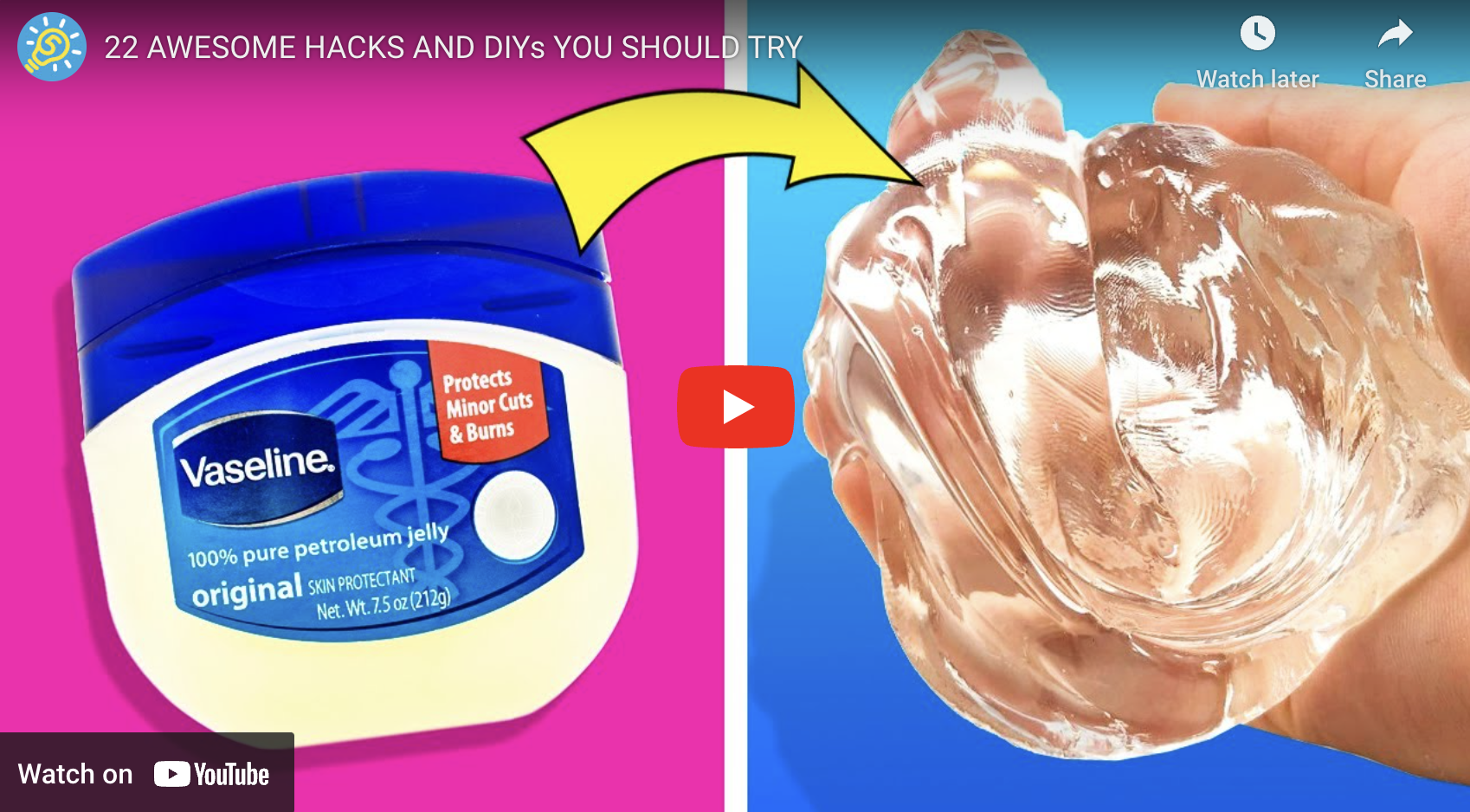In today’s fast-paced world, it’s not uncommon to experience muscle tension and tightness due to stress, overexertion, or lack of proper self-care. When our muscles are tight, it can lead to discomfort, pain, and even decreased mobility. Fortunately, there are several home remedies that can help relax muscles and promote overall wellness.
1. Hot and Cold Therapy: One of the oldest and most effective home remedies for relaxing muscles is hot and cold therapy. Applying heat to tight muscles can help increase blood flow and promote relaxation, while cold therapy can help reduce inflammation and numb pain. Alternating between hot and cold packs can provide quick relief and promote healing.
2. Epsom Salt Bath: Soaking in a warm bath with Epsom salts can help relax muscles and relieve tension. Epsom salts contain magnesium, which is known to help relax muscles and reduce inflammation. Adding a few cups of Epsom salts to a warm bath and soaking for 20-30 minutes can provide relief for sore muscles and promote relaxation.
3. Gentle Stretching: Gentle stretching exercises can help relax tight muscles and improve flexibility. Stretching can help improve blood flow to the muscles, reduce tension, and promote relaxation. Incorporating a daily stretching routine can help prevent muscle tightness and promote overall muscle health.
4. Massage: Massaging tight muscles can help promote relaxation and relieve tension. You can use your hands, a foam roller, or a massage tool to target specific areas of tightness. Massage can help improve circulation, reduce muscle tension, and promote relaxation. Regular self-massage can help prevent muscle tightness and promote overall muscle health.
5. Essential Oils: Aromatherapy using essential oils can help relax muscles and promote relaxation. Essential oils like lavender, peppermint, and eucalyptus have relaxing properties that can help reduce muscle tension and promote overall wellness. You can add a few drops of essential oil to a carrier oil and massage into the skin, or use a diffuser to inhale the aroma and promote relaxation.
6. Stay Hydrated: Dehydration can contribute to muscle tightness and cramping. It’s important to stay hydrated by drinking plenty of water throughout the day. Hydration can help lubricate the muscles, reduce tension, and promote overall muscle health. Drinking water regularly can help prevent muscle tightness and promote relaxation.
7. Mindfulness and Meditation: Practicing mindfulness and meditation can help relax muscles and reduce stress. Stress can contribute to muscle tension and tightness, so it’s important to find ways to manage stress and promote relaxation. Mindfulness techniques like deep breathing, meditation, and visualization can help relax the muscles and promote overall wellness.
Professional Quote 1: “Hot and cold therapy is a simple yet effective way to relax muscles and promote healing. Alternating between hot and cold packs can help increase blood flow, reduce inflammation, and provide quick relief for tight muscles.”
Professional Quote 2: “Epsom salt baths are a great way to relax muscles and reduce tension. The magnesium in Epsom salts can help relax muscles, reduce inflammation, and promote overall muscle health.”
Professional Quote 3: “Gentle stretching exercises can help relax tight muscles and improve flexibility. Incorporating a daily stretching routine can help prevent muscle tightness and promote overall muscle health.”
Professional Quote 4: “Aromatherapy using essential oils can help relax muscles and promote relaxation. Essential oils like lavender, peppermint, and eucalyptus have relaxing properties that can help reduce muscle tension and promote overall wellness.”
Common Concerns and Answers:
1. Can muscle tightness be a sign of a more serious condition?
Muscle tightness can be a common symptom of stress, overexertion, or lack of proper self-care. However, if muscle tightness is persistent, severe, or accompanied by other symptoms, it’s important to consult a healthcare professional to rule out any underlying medical conditions.
2. How often should I use hot and cold therapy for muscle relaxation?
You can use hot and cold therapy as needed for muscle relaxation. It’s important to listen to your body and adjust the frequency of hot and cold therapy based on your individual needs. If you have a chronic condition or injury, consult a healthcare professional for guidance on using hot and cold therapy.
3. Are there any risks associated with Epsom salt baths?
Epsom salt baths are generally safe for most people when used as directed. However, some individuals may be sensitive to magnesium or have skin allergies. If you experience any irritation or discomfort after using Epsom salts, discontinue use and consult a healthcare professional.
4. Can massage help with chronic muscle tightness?
Massage can be beneficial for chronic muscle tightness by promoting relaxation, improving circulation, and reducing tension. Regular massage therapy sessions can help manage chronic muscle tightness and promote overall muscle health. Consult a licensed massage therapist for personalized treatment.
5. How can I incorporate essential oils into my muscle relaxation routine?
You can incorporate essential oils into your muscle relaxation routine by adding a few drops to a carrier oil for massage, using a diffuser to inhale the aroma, or adding essential oils to a warm bath. Essential oils can help relax muscles, reduce tension, and promote overall wellness.
6. Is hydration important for muscle relaxation?
Staying hydrated is essential for muscle relaxation and overall muscle health. Dehydration can contribute to muscle tightness and cramping, so it’s important to drink plenty of water throughout the day. Hydration can help lubricate the muscles, reduce tension, and promote relaxation.
7. Can mindfulness and meditation help with muscle relaxation?
Practicing mindfulness and meditation can help relax muscles by reducing stress and promoting relaxation. Stress can contribute to muscle tension and tightness, so finding ways to manage stress can help promote muscle relaxation. Mindfulness techniques like deep breathing, meditation, and visualization can help relax the muscles.
8. Are there any contraindications for hot and cold therapy?
Hot and cold therapy may not be suitable for everyone, especially individuals with certain medical conditions like diabetes, circulatory disorders, or sensory deficits. It’s important to consult a healthcare professional before using hot and cold therapy to ensure it’s safe and appropriate for your individual needs.
9. Can overstretching cause muscle injury?
Overstretching can potentially cause muscle injury if done incorrectly or excessively. It’s important to practice gentle stretching exercises and listen to your body’s limits to prevent muscle strain or injury. Consult a fitness professional or physical therapist for guidance on safe stretching techniques.
10. How can I prevent muscle tightness during exercise?
To prevent muscle tightness during exercise, it’s important to warm up properly, stay hydrated, and practice proper form and technique. Incorporating a cool-down routine, stretching after exercise, and allowing for adequate rest and recovery can also help prevent muscle tightness and promote overall muscle health.
11. Can poor posture contribute to muscle tightness?
Yes, poor posture can contribute to muscle tightness by putting strain on the muscles and joints. It’s important to maintain good posture throughout the day, practice ergonomic principles, and perform posture-correcting exercises to prevent muscle tightness and promote overall musculoskeletal health.
12. Are there any dietary factors that can affect muscle relaxation?
Certain dietary factors like dehydration, nutrient deficiencies, or excessive caffeine intake can affect muscle relaxation. It’s important to maintain a balanced diet rich in nutrients, stay hydrated, and limit the consumption of stimulants to promote muscle relaxation and overall wellness.
13. Can lack of sleep contribute to muscle tightness?
Yes, lack of sleep can contribute to muscle tightness by disrupting the body’s natural healing and recovery processes. It’s important to prioritize quality sleep, practice good sleep hygiene, and address any underlying sleep disorders to promote muscle relaxation and overall health.
14. How can stress management techniques help with muscle relaxation?
Stress management techniques like deep breathing, meditation, mindfulness, and relaxation exercises can help reduce stress, promote relaxation, and relax muscles. Chronic stress can contribute to muscle tension and tightness, so finding ways to manage stress can help promote muscle relaxation and overall wellness.
In conclusion, there are several effective home remedies for relaxing muscles and promoting overall wellness. From hot and cold therapy to Epsom salt baths, gentle stretching, massage, essential oils, hydration, and mindfulness techniques, there are plenty of options to help relax tight muscles and reduce tension. By incorporating these home remedies into your routine and addressing common concerns related to muscle relaxation, you can promote muscle health, reduce stress, and improve overall well-being. Remember to listen to your body, consult healthcare professionals as needed, and prioritize self-care for optimal muscle relaxation and wellness.
![[Mom Prepared]](https://momwithaprep.com/wp-content/uploads/2024/12/cropped-momlogo-244x56.png)

